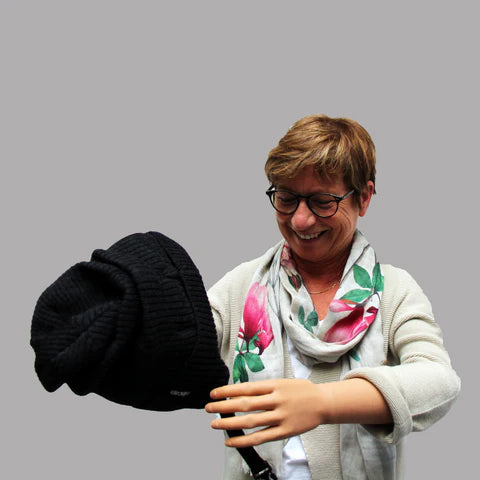Explore the potential risks associated with stroke medications and falls. Learn how certain medications can increase the risk of a fatal fall and discover strategies to effectively manage and mitigate these risks.
What is a Stroke?
A stroke occurs when the blood supply to a part of the brain is cut off, killing brain cells. This leads to symptoms that can be recognised to detect a stroke when it has happens.
In the UK, the average age is 73 to 75 for women and 68 to 71 for men which is why it is crucial to take note of the symptoms to detect a stroke as early as possible.
Depending on how severe the stroke is and how soon the person receives treatment, this will determine the effects of a stroke and how much long term damage has taken place.
Different Types Of Strokes
The most common stroke is an ischaemic stroke which is caused by a blockage cutting off the blood supply to the brain. Another common type is the haemorrhagic stroke caused by bleeding in or around the brain. Another type, although not as common, is a transient ischemic attack, also known as a mini-stroke. This type creates a blockage that stops blood getting to the brain temporary resulting in a short burst of symptoms that do not last very long.
What causes a stroke?
Ageing is a common cause of a stroke. As we age, our arteries become harder and narrower, increasing the chances of them becoming blocked. However, certain medical conditions and lifestyle factors can speed up this process and increase your risk of having a stroke.
These factors are;
- - Smoking
- - Obesity
- - High Blood Pressure
- - High Cholesterol Levels
- - Diabetes
- - Poor Diet
- - Excessive Alcohol
- - Lack of Exercise
- - Chronic Stress
How To Spot The Signs of a Stroke?
The key signs for detecting a stroke is written in the anagram FAST:
- - Face: Can the person smile? Has their face fallen on one side?
- - Arms: Can the person raise both arms and keep them there?
- - Speech problems: Can the person speak clearly and understand what you say? Is their speech slurred?
- - Time: If you see any of these three signs, it's time to call 999.
Around one in eight people die within 30 days of having a stroke. That's why it's so important to be able to recognise the symptoms and get medical help as quickly as possible. The quicker you receive treatment, the better your chances for a full recovery.
Recovering From a Stroke
All strokes are different. For some people, there is little to no permanent damage with symptoms being relatively minor. Others may be left with more serious problems and may need rehabilitation treatment to relearn how to eat, dress and communicate with others.
Could Certain Medications Increase The Risk of a Fall?
For those who are at a greater risk of having a stroke, the patient may be given prescribed anticoagulants, also known as blood thinners, that helps to reduce the risk of a clot forming. Some common anticoagulants are apixaban, dabigatran, edoxaban, rivaroxaban, and warfarin with some of these prescriptions requiring regular check-ups to monitor how thin the blood is becoming.
For patients who have a history of falling, anticoagulants may put them in a high-risk situation if they have a head injury that causes a cranial bleed. A head trauma matched with thin blood will result in a severe bleeding that in many cases, would be life-threatening. If the patient requires this medication and is also prone to falls, then a medical professional my request for the patient to wear head protection, reducing the risk of a severe head injury significantly.
Head Protection With Ribcap
Ribcap's medical helmets offer comfort and protection as they are designed to look and feel like a regular hat. They provide 360° protection, are backed by several neuro-associations, and they are BSI tested by a notified body.
Did we mention that they are highly fashionable too?

Ribcap's non-stigmatizing medical helmets offer protection and style, allowing the user to feel confident whenever they wear our Ribcap. They are made with air-light foam that is breathable and designed for all-day wear.
Read more information about protective helmets, and view our full range of styles and colors.



